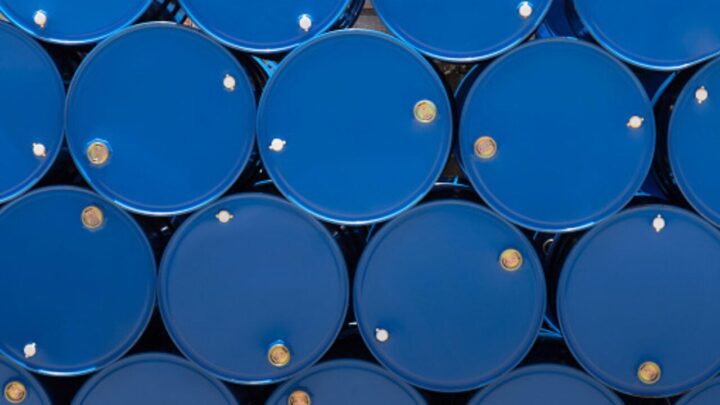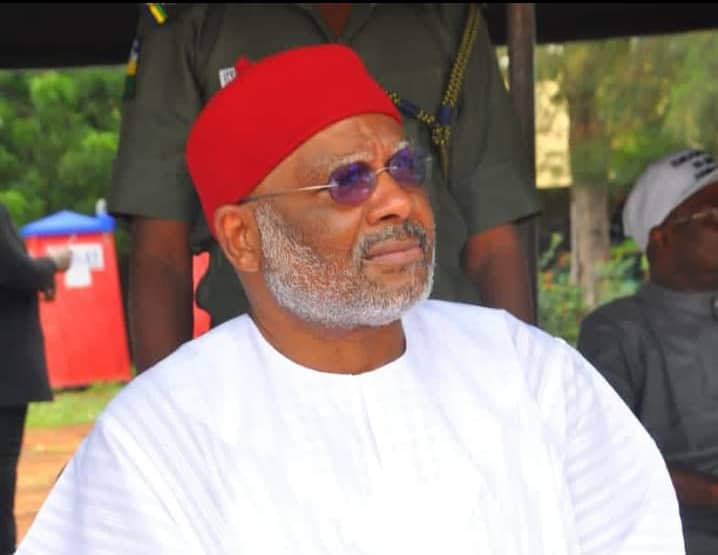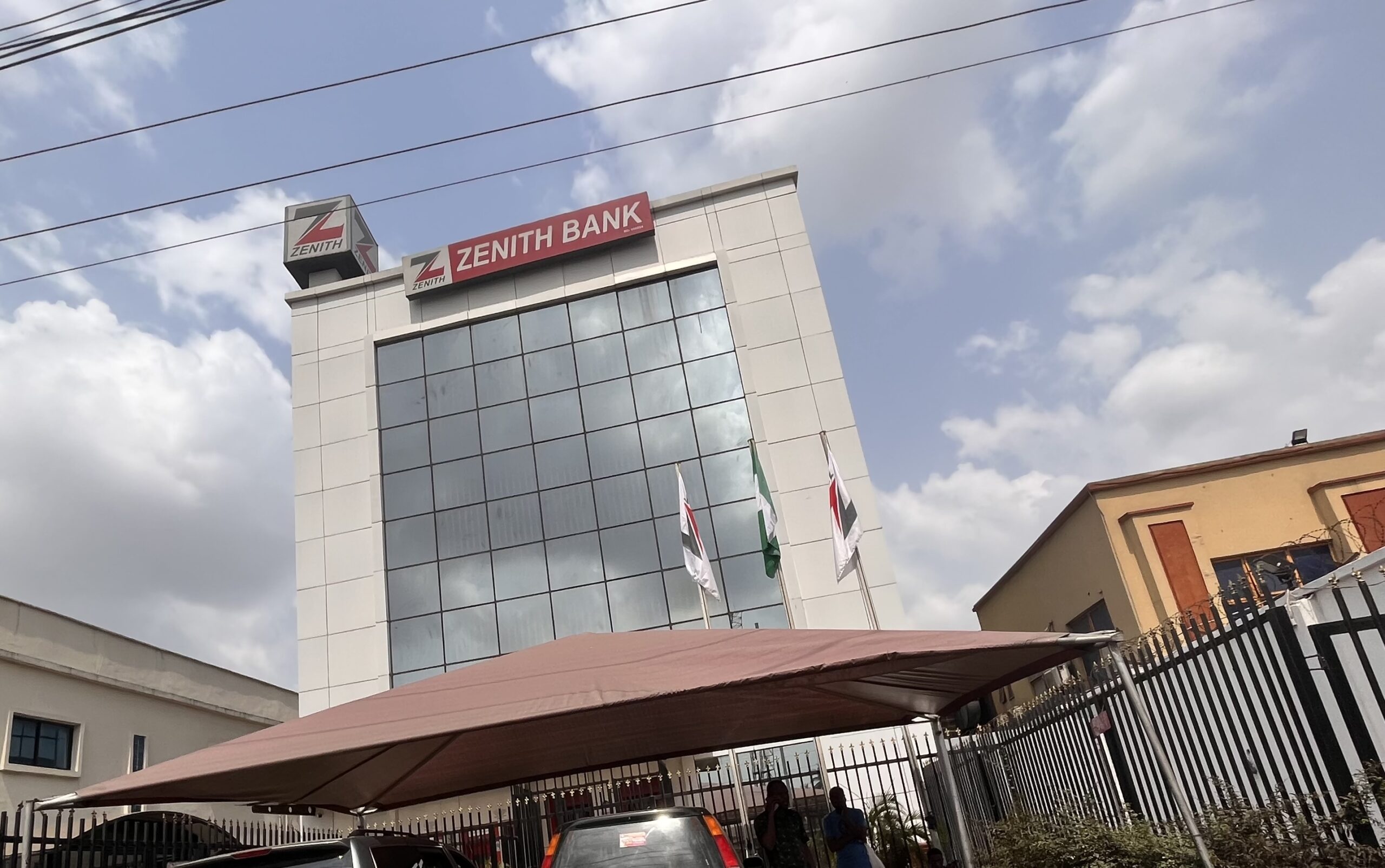Oil prices rose on Friday after Russia announced plans to cut oil production.
The decision was in response to price caps imposed by the West on its oil and other oil products.
Brent crude rose 1.73 percent to $85.96 a barrel, while West Texas Intermediate (WTI) crude went up 2.27 percent to $79.83 a barrel.
Last week, Brent dropped to $82 a barrel after the Organisation of Petroleum Exporting Countries (OPEC) maintained its current production levels.
Advertisement
On Friday, Alexander Novak, deputy prime minister, Russia, said the country plans to reduce its crude oil production in March by 500,000 barrels per day (bpd).
Stephen Brennock, PVM analyst, said: “The Russian economy is fraying in the face of Western sanctions.”
As part of Western sanctions over Russia’s actions in Ukraine, the Group of Seven (G7) economies, the European Union, and Australia agreed to ban the use of Western-supplied maritime insurance, finance, and brokering for seaborne Russian oil priced above $60 per barrel beginning from December 5, 2022.
Advertisement
The EU also banned purchases of Russian oil products and set price caps from February 5, 2022.
Brennock said the latest measures will reduce the Kremlin’s earnings from fossil fuels and exacerbate its fiscal woes by the end of the year.
Meanwhile, Goldman Sachs lowered its Brent 2023 price forecast to $92 a barrel from $98.
It also reduced its 2024 price forecast to $100 per barrel from $105.
Advertisement
Nigeria, Africa’s top oil-producing country, is faced with petrol distribution problems in its downstream sector that have lingered for months.
Mele Kyari, group chief executive officer (GCEO), Nigerian National Petroleum Company (NNPC) Limited, blamed the situation on greed and arbitrage in the entire petroleum value chain.
He, however, said the ongoing petrol shortage crisis will significantly improve by next week.
Advertisement
Add a comment






